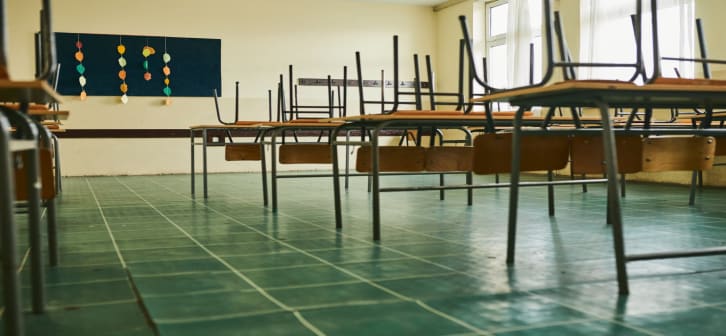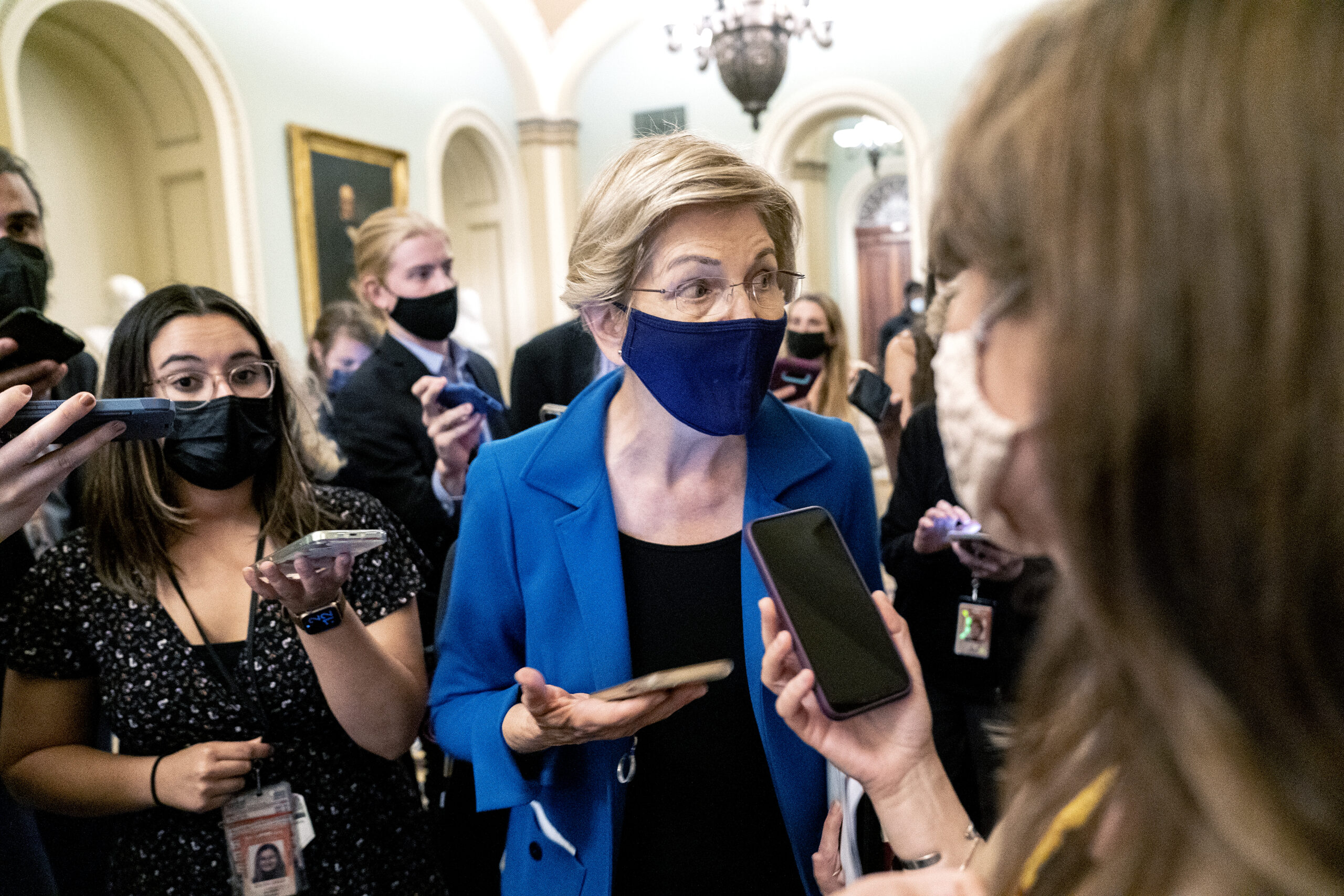New Rules Could Cancel Federal Student Loans for Students of Closed Colleges
Writer
Writer

- Proposed regulatory changes to closed-school discharge were discussed during a negotiated rulemaking session.
- Proposed changes would allow students to discharge debt, even if they transfer from a closed school.
- A representative for proprietary institutions expressed concerns over the rule changes.
The Department of Education (ED) appears ready to expand eligibility of student debt forgiveness for students who attended schools that closed while they were enrolled.
Members of a negotiated rulemaking session, also referred to as reg-neg, held a vote on whether the committee would approve of ED's proposed regulatory changes to closed-school discharge.
While ED could not gain a consensus, thus leaving a possibility of new suggestions being proposed this week, the department's representative made it clear that only minor changes to its rules would be accepted at this point.
Members of a negotiated rulemaking session, also referred to as reg-neg, held a vote on whether the committee would approve of ED's proposed regulatory changes to closed-school discharge.

Sixteen committee members voted in favor of a consensus. Jessica Berry, who represented proprietary and for-profit institutions, was the lone dissenting vote.
The rest of the committee, as well as representatives from ED, seemed content to move forward with the rules as laid out in its most recent draft.
"There is near-unanimity from everyone except the for-profit industry," one member said. "ED should treat this as a policy position with very broad support."
The committee will have a chance to circle back on this issue later in the week. Berry said she may propose new language for this regulation.
Some Student Debt Would Be Automatically Erased
ED's proposed changes would have an impact on the process and timeframe in which students who attended a college that closes while they were enrolled can have their outstanding federal student loan debt canceled.
Perhaps most notably, the new rule proposal includes automatic discharge of some loans, meaning students that meet certain criteria don't even have to apply to have their loans forgiven.
In order for this to apply, the students must have been attending a school that closed while they were enrolled. The students then chose not to continue their education through a teach-out program performed by their school or in agreement with another school.
A teach-out program is an alternative a closing school will often provide to its students so they can continue their program or degree.
If any student decided to transfer or to not continue their education, then they would have their debt automatically forgiven, per the proposed regulations.
According to a report from the U.S. Government Accountability Office in late September, 44% of borrowers transfer to another school after a closure, which would make them eligible under the proposed new rules.
Approximately 1,100 colleges have closed since 2010, affecting about 246,000 borrowers.

Approximately 1,100 colleges have closed since 2010, affecting about 246,000 borrowers.
The new rules would also expand the timeframe in which students can leave a school before it closes yet still qualify for relief.
Currently, only students who leave a school up to 120 days before it closes can qualify for their loans to be discharged. New language would extend this to 180 days, meaning a student could have dropped out of a school an entire semester before it officially closes and still qualify.
A school's closure date is either when the school ceases to provide educational instruction in "most" programs or has ceased instruction for "most" of its students. Some members of the committee recommended ED provide a clearer definition for "most" in its final draft of the regulation.
Opposition From For-Profit College Rep
While most committee members were on board with the proposal as is — with some minor exceptions — Berry expressed the most opposition. She represented for-profit institutions.
She said her constituency felt the proposed changes widened who might qualify for a discharge too much.
For example, she took issue with the idea that some students would qualify when "most" of a school's programs were canceled or changed. She also said the new rules would give students an incentive to seek a transfer rather than pursue a teach-out program since they would not have their debt discharged if they attend a teach-out.
Historically, most closed-school discharges have come from students at for-profit schools.
Historically, most closed-school discharges have come from students at for-profit schools. According to the Government Accountability report, ED approved discharges of more than 80,000 borrowers between 2010 and 2020. Approximately 96% of those were for students from proprietary schools.
Latest News
Related Stories
Featured Stories
Latest Analysis
College Accreditation Is Changing. Here’s What Students Need To Know.

11 Red States Are Suing to Block Biden's SAVE Loan Repayment Plan. Here's What Borrowers Need to Know.

Here's Where the 2024 Presidential Candidates Stand on Higher Education

College Admissions, Student Diversity, and Campus Culture 50 Years Ago











